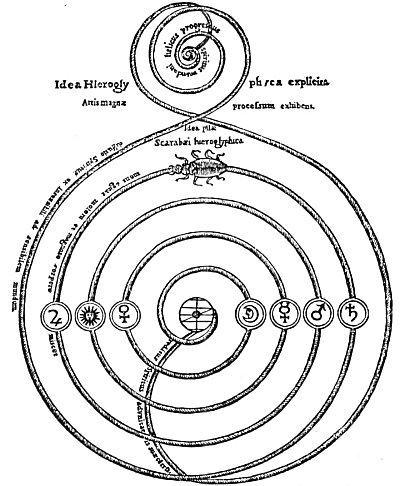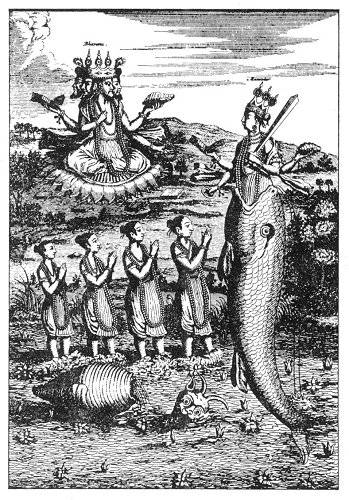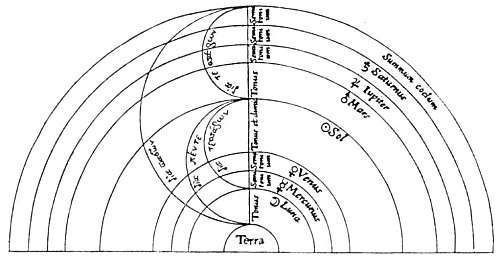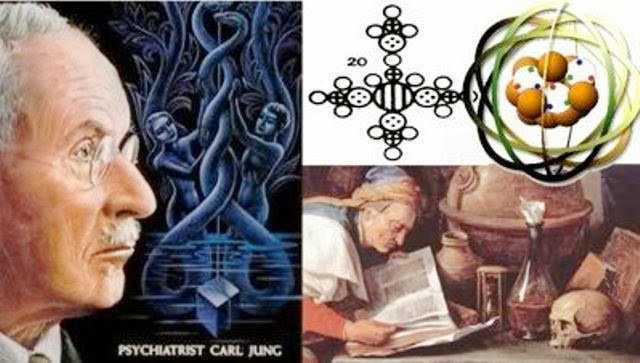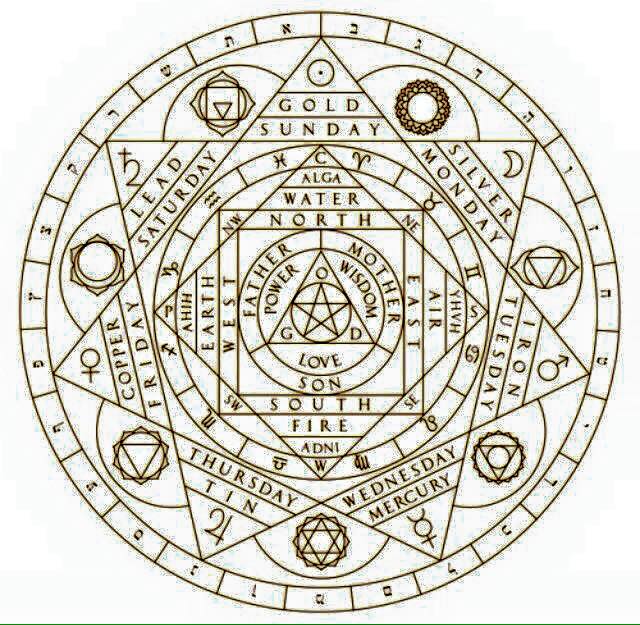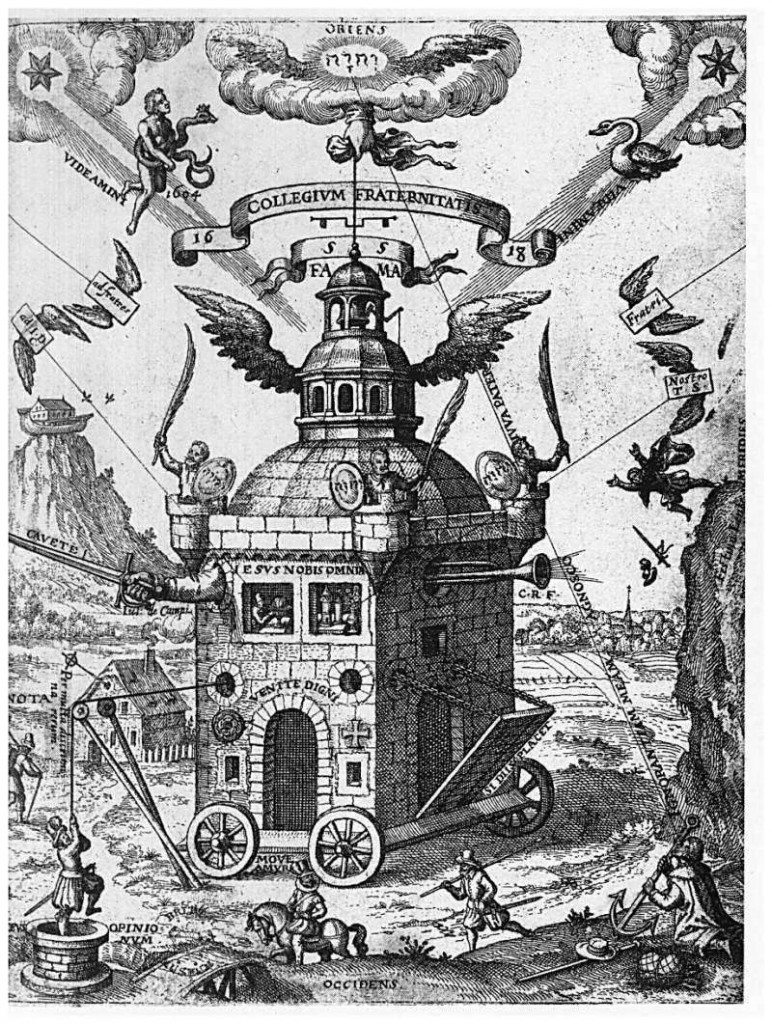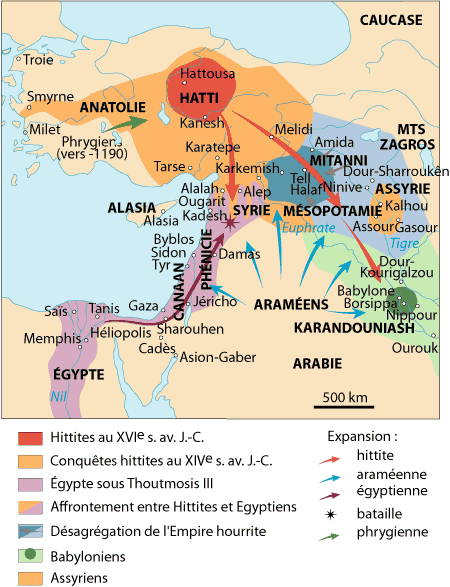p. 153
ALCHEMY, the secret art of the land of Khem, is one of the two oldest sciences known to the world. The other is astrology. The beginnings of both extend back into the obscurity of prehistoric times. According to the earliest records extant, alchemy and astrology were considered as divinely revealed to man so that by their aid he might regain his lost estate. According to old legends preserved by the Rabbins, the angel at the gate of Eden instructed Adam in the mysteries of Qabbalah and of alchemy, promising that when the human race had thoroughly mastered the secret wisdom concealed within these inspired arts, the curse of the forbidden fruit would be removed and man might again enter into the Garden of the Lord. As man took upon himself “coats of skins” (physical bodies) at the time of his fall, so these sacred sciences were brought by him into the lower worlds incarnated in dense vehicles, through which their spiritual transcendental natures could no longer manifest themselves. Therefore they were considered as being dead or lost.
The earthly body of alchemy is chemistry, for chemists do not realize that half of The Book of Torah is forever concealed behind the veil of Isis (see the Tarot), and that so long as they study only material elements they can at best discover but half of the mystery. Astrology has crystallized into astronomy, whose votaries ridicule the dreams of ancient seers and sages, deriding their symbols as meaningless products of superstition. Nevertheless, the intelligentsia of the modern world can never pass behind the veil which divides the seen from the unseen except in the way appointed–the Mysteries.
What is life? What is intelligence? What is force? These are the problems to the solution of which the ancients consecrated their temples of learning. Who shall say that they did not answer those questions? Who would recognize the answers if given? Is it possible that under the symbols of alchemy and astrology lies concealed a wisdom so abstruse that the mind of this race is not qualified to conceive its principles?
The Chaldeans, Phœnicians, and Babylonians were familiar with the principles of alchemy, as were many early Oriental races. It was practiced in Greece and Rome; was the master science of the Egyptians. Khem was an ancient name for the land of Egypt; and both the words alchemy and chemistry are a perpetual reminder of the priority of Egypt’s scientific knowledge. According to the fragmentary writings of those early peoples, alchemy was to them no speculative art. They implicitly believed in the multiplication of metals; and in the face of their reiterations both the scholar and the materialist should be more kindly in their consideration of alchemical theorems. Evolutionists trace the unfoldment of the arts and sciences up through the growing intelligence of the prehistoric man, while others, of a transcendental point of view, like to consider them as being direct revelations from God.
Many interesting solutions to the riddle of alchemy’s origin have been advanced. One is that alchemy was revealed to man by the mysterious Egyptian demigod Hermes Trismegistus. This sublime figure, looming through the mists of time and bearing in his hand the immortal Emerald, is credited by the Egyptians as being the author of all the arts and sciences. In honor of him all scientific knowledge was gathered under the general title of The Hermetic Arts. When the body of Hermes was interred in the Valley of Ebron (or Hebron), the divine Emerald was buried with it. Many centuries afterward the Emerald was discovered–according to one version, by an Arabian initiate; according to another, by Alexander the Great, King of Macedon. By means of the power of this Emerald, upon which were the mysterious inscriptions of the Thrice Great Hermes–thirteen sentences in all–Alexander conquered all the then known world. Not having conquered himself, however, he ultimately failed. Regardless of his glory and power, the prophecies of the talking trees were fulfilled, and Alexander was cut down in the midst of his triumph. (There are persistent rumors to the effect that Alexander was an initiate of high order who failed because of his inability to withstand the temptations of power.)

Moe is the founder of GnosticWarrior.com. He is a father, husband, author, martial arts black belt, and an expert in Gnosticism, the occult, and esotericism.

